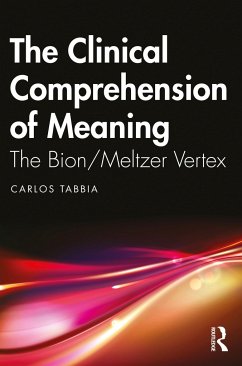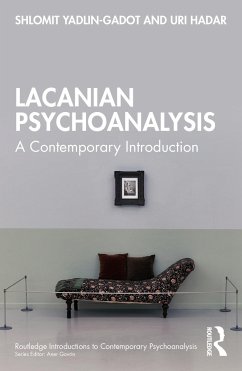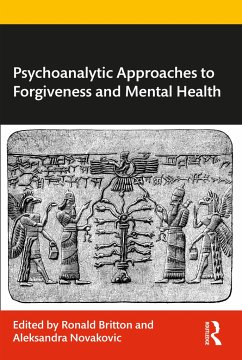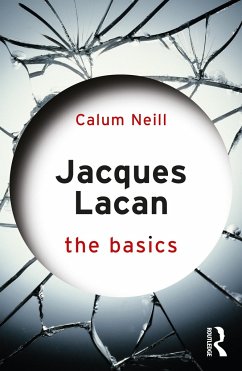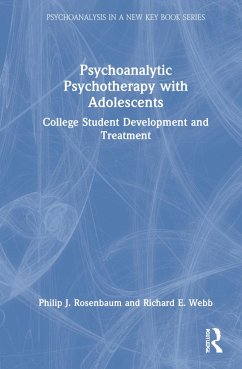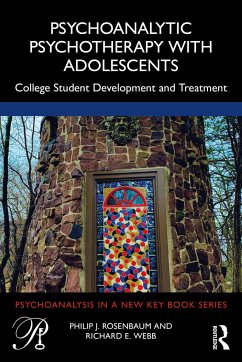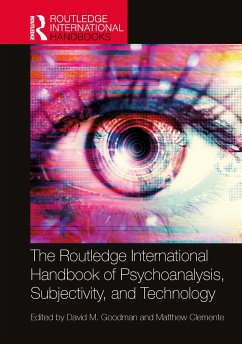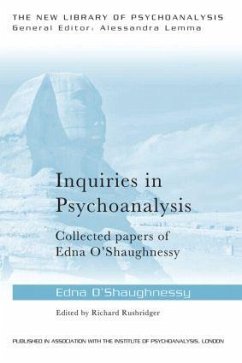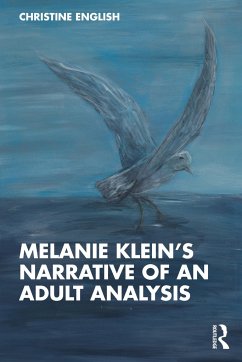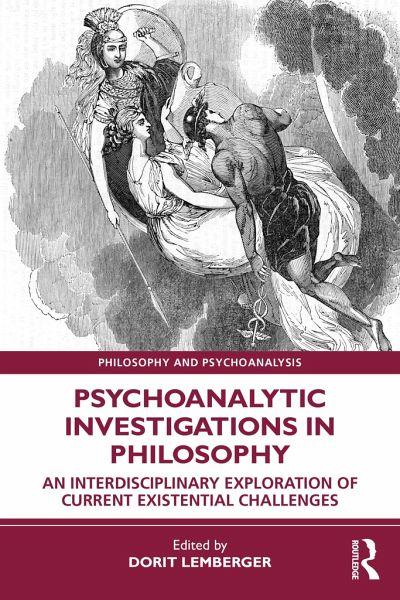
Psychoanalytic Investigations in Philosophy
An Interdisciplinary Exploration of Current Existential Challenges
Herausgegeben: Lemberger, Dorit
Versandkostenfrei!
Versandfertig in 6-10 Tagen
31,99 €
inkl. MwSt.
Weitere Ausgaben:

PAYBACK Punkte
16 °P sammeln!
This pioneering volume explores and exemplifies the relevance of psychoanalysis to contemporary philosophical problems. The novelty of the book's viewpoint is the consideration of psychoanalysis as an existentialist mode of thinking that deals with current existential problems such as loneliness, uncertainty, struggling with personal tragedies, and rehabilitation.Each chapter presents classic aspects of psychoanalytic theory based on Greek tragedies, as well as their similarities with interdisciplinary aspects in other areas of study like modern literature, hermeneutics, and philosophy of lang...
This pioneering volume explores and exemplifies the relevance of psychoanalysis to contemporary philosophical problems. The novelty of the book's viewpoint is the consideration of psychoanalysis as an existentialist mode of thinking that deals with current existential problems such as loneliness, uncertainty, struggling with personal tragedies, and rehabilitation.
Each chapter presents classic aspects of psychoanalytic theory based on Greek tragedies, as well as their similarities with interdisciplinary aspects in other areas of study like modern literature, hermeneutics, and philosophy of language. To deepen each subject, each chapter also applies an interdisciplinary methodology that illuminates previously hidden insights arising from the fusion of psychoanalysis and philosophy. Featuring contributions from well-known scholars like Professor Avi Sagi and Professor Dov Schwartz, as well as more up-and-coming writers, the book suggests possible implications of philosophical, hermeneutical, and literary theories to the perception of post-modern issues concerning agency and the subjective emotional world.
Psychoanalytic Investigations in Philosophy is of great interest to scholars of psychoanalysis and hermeneutic philosophy, as well as teachers and academics who want to explore new teaching methods in various disciplines, and general-interest readers who wish to expand their horizons around concepts that can be applied to better understand themselves and the age in which we live.
Each chapter presents classic aspects of psychoanalytic theory based on Greek tragedies, as well as their similarities with interdisciplinary aspects in other areas of study like modern literature, hermeneutics, and philosophy of language. To deepen each subject, each chapter also applies an interdisciplinary methodology that illuminates previously hidden insights arising from the fusion of psychoanalysis and philosophy. Featuring contributions from well-known scholars like Professor Avi Sagi and Professor Dov Schwartz, as well as more up-and-coming writers, the book suggests possible implications of philosophical, hermeneutical, and literary theories to the perception of post-modern issues concerning agency and the subjective emotional world.
Psychoanalytic Investigations in Philosophy is of great interest to scholars of psychoanalysis and hermeneutic philosophy, as well as teachers and academics who want to explore new teaching methods in various disciplines, and general-interest readers who wish to expand their horizons around concepts that can be applied to better understand themselves and the age in which we live.




